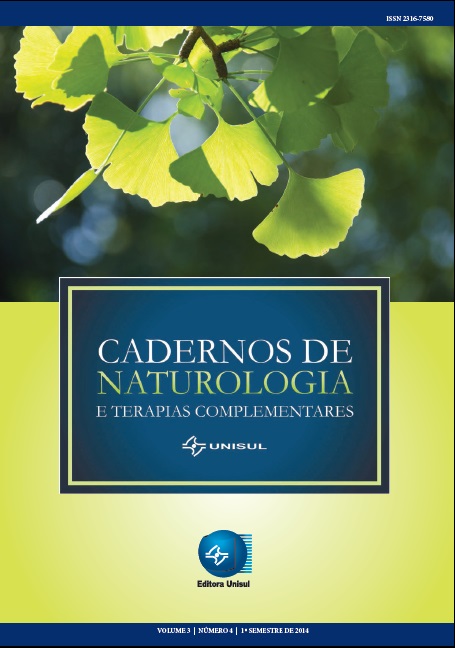Quality of life and insomnia in perimenopausal meditation as an intervention strategy
DOI:
https://doi.org/10.19177/cntc.v3e4201486-87Keywords:
Insomnia, Meditation, Perimenopause, Climacterium, Primary insomnia, Quality of life, Naturology, NaturopathyAbstract
Introduction: Insomnia is one of the most common disorders that affect the population in contemporaneity, because of important hormonal and psychosocial changes is very prevalent in perimenopause. There is a still understudied relationship between sleep efficiency and meditative practice. The treatments for insomnia are usually expensive and palliative. Objective: Evaluate the effects of meditation in insomnia (caused by typical symptoms of perimenopause) and quality of life in this phase of life. Method: controlled clinical trial to evaluate the effects of meditation in women with insomnia during perimenopause and impact on quality of life in 8-week intervention. The study was conducted from April to July 2013 with 33 perimenopausal women aged between 40-55 years in 3 units of public organization in São Paulo, SP, Brazil. The participants were randomly assigned to two groups, one who performed only Sleep Hygiene-HS (n = 15) and another who performed Meditation + Sleep Hygiene - SH + M (n = 18). Weekly meetings were held with the participants of both groups to practice meditation in a group and / or criteria for the sleep hygiene. The M + SH group also performed daily meditation practice. To assess the statistical significance of differences in means before and after the interventions in each group, the Wilcoxon test was applied. Results: Improvement of sleep quality in both groups, however comparing the differences in the scores of the Insomnia Severity Index between groups, group M +SH had a greater effect on both measures compared to the SH group. In M + SH group showed a statistically significant reduction in the categories of the Kupperman Menopausal Index: palpitations, paresthesia and Total Score, already in the SH group there was no significant reduction in any parameter of the Kupperman Index. A Significant improvement in overall quality of life (measured by WHOQOL-brief) score in group M + HS, and HS group had improvement in social relationships domain. Conclusion: The results suggest that meditation can be useful tool in the treatment of primary insomnia during the perimenopause. The quality of life during this period is also favored globally by daily meditation practice.Downloads
Published
2014-06-06
Issue
Section
Thesis and dissertation abstract:


